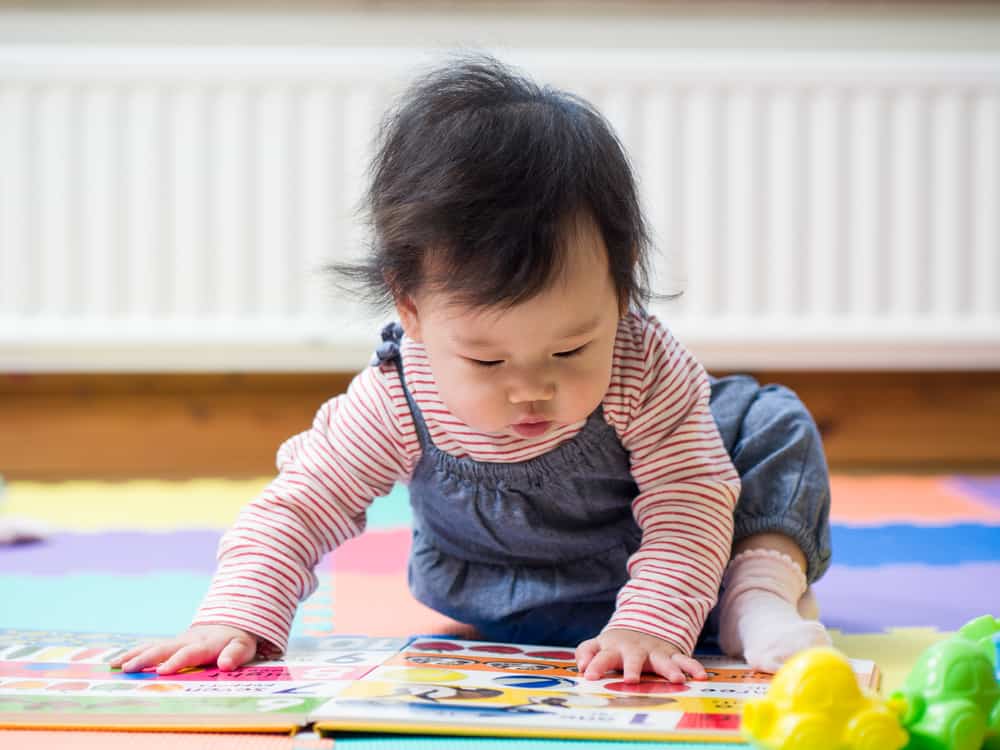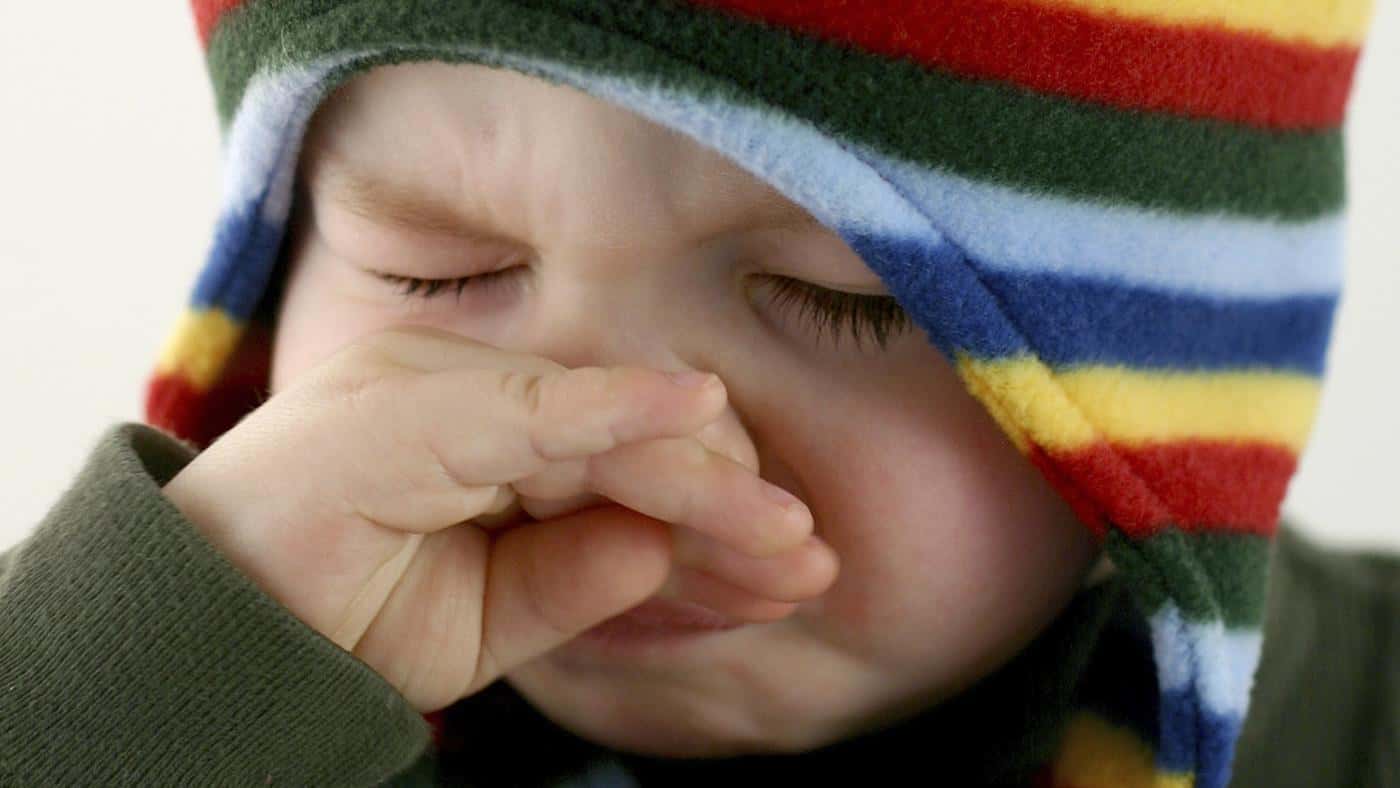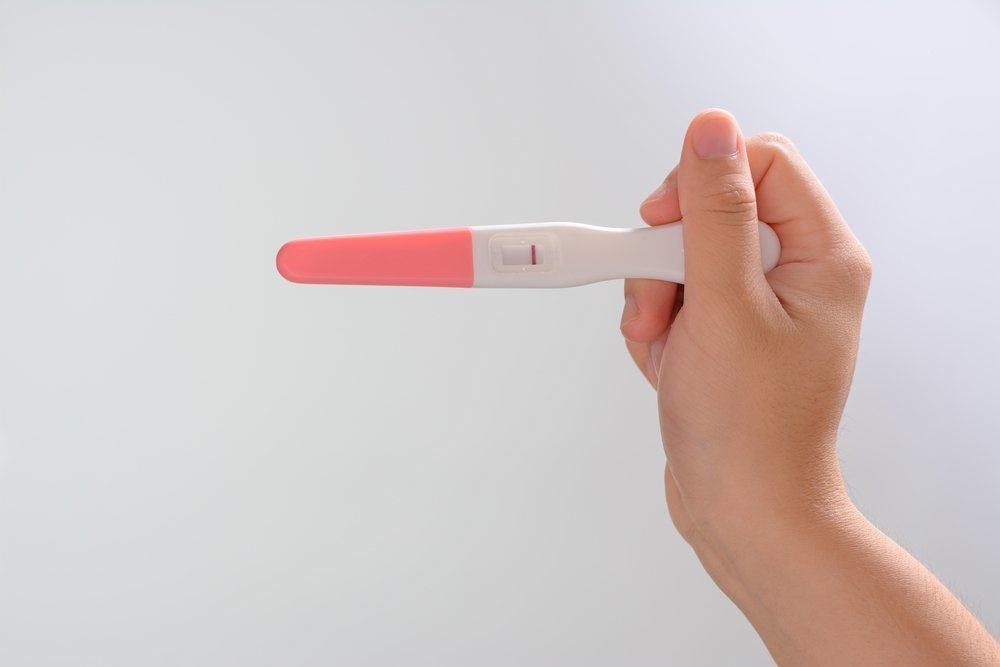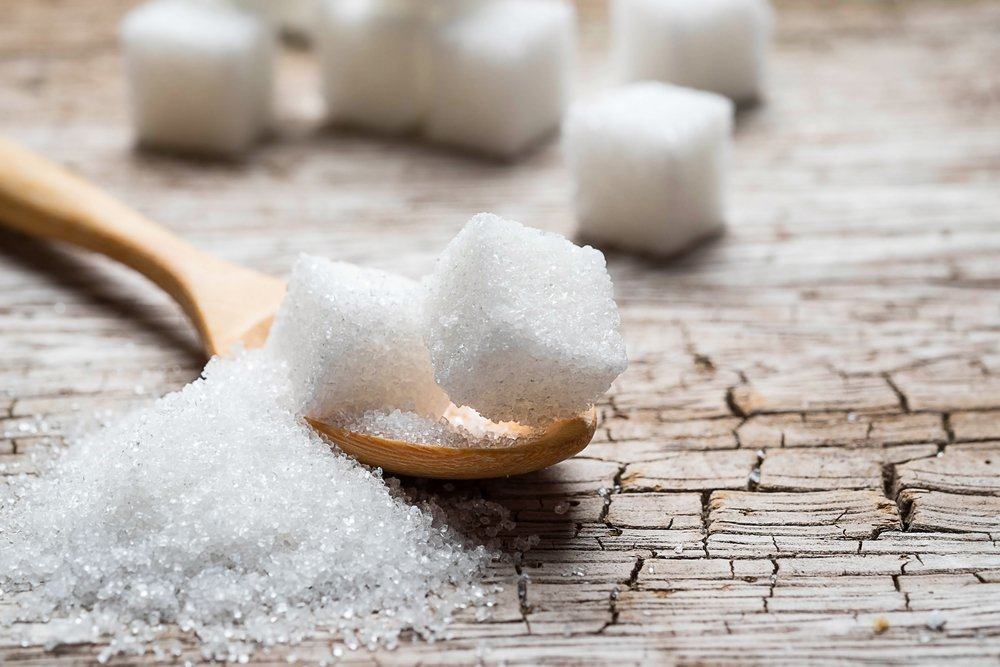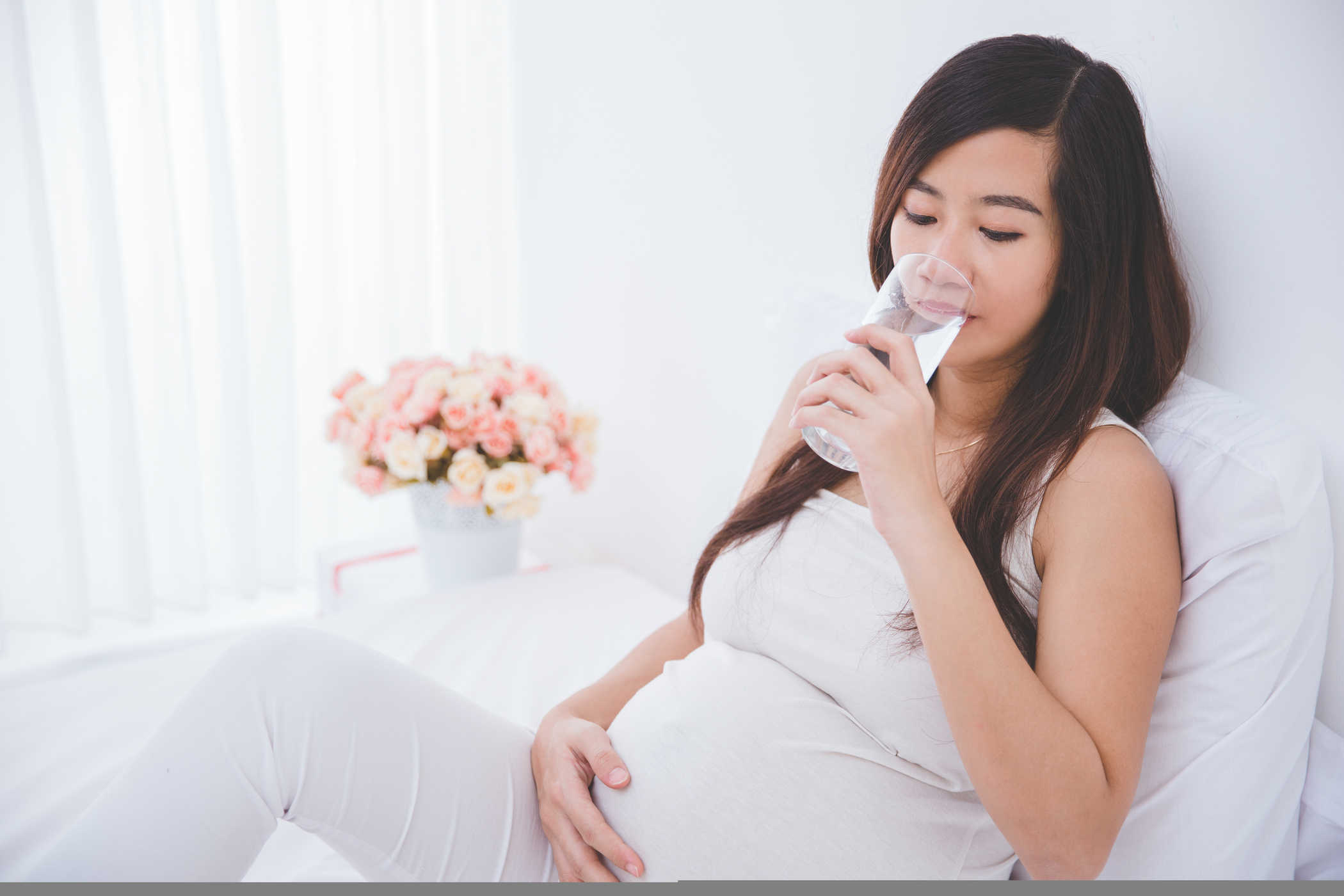Contents:
- Medical Video: Can You Use Vitamin E Oil During Pregnancy?
- Why is vitamin E important for babies?
- Vitamin E deficiency decreases the baby's learning ability
- In addition to reducing a baby's learning ability, lack of vitamin E is related to ...
Medical Video: Can You Use Vitamin E Oil During Pregnancy?
For children, especially when the fetus and baby, vitamins are important nutrients that must be fulfilled during their growth and development. It starts from the first months the fetus is formed in the womb, until it actually ends when the child enters puberty, at the age of 9-15 years. One of the important vitamins for children is vitamin E. Vitamin E has many benefits. Vitamin E deficiency and other nutrients during child development can affect brain development, intelligence levels, and can trigger various congenital brain defects or brain disorders.
Why is vitamin E important for babies?
Vitamin E is important for babies because it is useful for boosting the immune system and helps the body fight disease. In addition, vitamin E can enhance the ability of the brain and also balance mood children so that they avoid excessive stress.
Vitamin E deficiency decreases the baby's learning ability
Infants who are deficient in vitamin E when in the womb, tend to be at high risk of experiencing impaired skills and bodily functions, such as learning and metabolic problems. This has been proven in a study.
This research was conducted on zebrafish, these fish have neurological development similar to humans. This study showed that embryos that were deficient in vitamin E had more defects and higher mortality and changes in DNA within five days after conception. This is the time needed for fertilized eggs to swim into zebrafish.
Even so, after they are born given enough foods that contain vitamin E, these fish cannot improve their skills. Even though zebrafish go through a critical period to form the brain, these fish are not very smart, cannot learn, and cannot respond well.
As a result of vitamin E deficiency, the zebrafish embryo brain lacks choline and glucose. Both are substances that are very important for forming and supplying energy for the brain. Because of the lack of these substances, brain development can be hampered.
In humans, this can be exacerbated if pregnant women avoid foods with healthy fatty acids and may not eat foods that are rich in oils, nuts and seeds. These foods include foods with high levels of vitamin E and antioxidants needed in normal foods.
Zebras that lack vitamin E also have metabolic disorders and are noted to have mitochondrial damage. Zebras also experience oxidative damage which causes a chaotic metabolism. These results indicate a lack of vitamin E when the embryo in zebrafish causes long-term disorders that cannot be treated only through a diet of vitamin E supplementation.
Likewise with humans. Vitamin E deficiency during pregnancy or when a woman is in her fertile period can have an impact on a baby's learning ability. Because the baby's learning ability is determined by the performance and function of the brain.
In addition to reducing a baby's learning ability, lack of vitamin E is related to ...
Vitamin E deficiency can be associated with various diseases, such as chronic liver cholestasis, abetalipoproteinemia, cystic fibrosis, short-bowel syndrome, vitamin E deficiency syndrome, and other malabsorption syndromes which can lead to a number of nerve disorders.
So, try that you who are of childbearing age, plan to get pregnant, or are pregnant consume a lot of vitamin E. For example, from beans, green leafy vegetables, and seeds such as cucumber.

